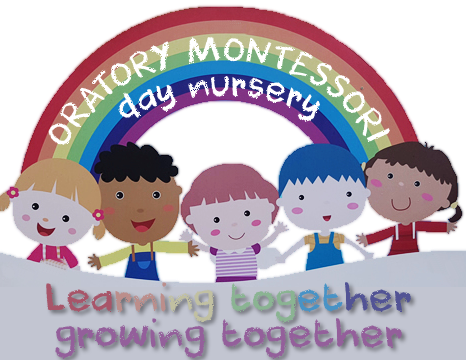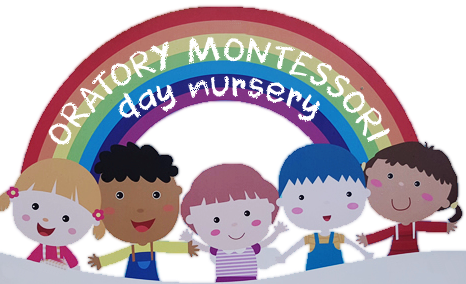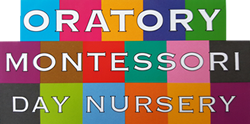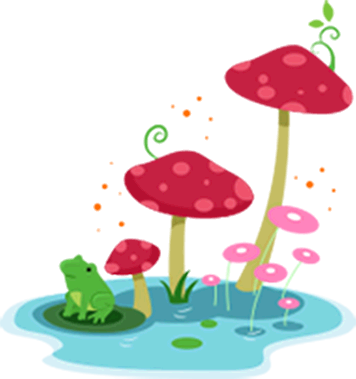We plan the children’s activities by taking the time to listen and talk to both children and their parents so that we discover the children’s current interests and find out what matters to them at this point in time. This helps us provide activities and opportunities that are relevant and meaningful to them. Having an existing interest means that the children will have enthusiasm confidence and motivation to take part and enjoy the curriculum we provide. We will use our expertise and understanding of children’s development to extend open ended learning opportunities without prescribed uniformed outcomes, every child gaining and learning what they require at any given time.
.
Any interest that the children or single child may be explored by enhancing our continuous provision by adding interest based resources to the areas of provision. By adding interested based resources to the continuous provided provision the children can choose to join in with the current interest or pursue their own interest and learn independently. We recognize that children require different lengths of time to explore their interests in depth and to discover and develop their own ideas and outcomes. The role of the staff is to use the children’s interest to create the best possible learning opportunities for each individual child.

.
We do this by:
• Enhancing the continuous provision to reflect the interests of children.
• Planning these enhancements to provide meaningful learning opportunities across the EYFS framework
• Observe at first and then decide when or if to step into the children’s play to allow for the free flow of the children’s learning
• To recognize children need various lengths of time from 5 minutes to 5 days to explore their own ideas and their own outcomes of learning.
• We need to model skills, language and behaviours’ to aid the children’s development.
• We recognize how observation, assessment and reflection is part of our own development and understanding of what and how children are learning and developing and how these will inform our future plans for the children.
.
The equipment and activities which we provide in school for the children will be appropriate to the ages and stages of the children within the nursery. It will offer challenges to develop their physical, social, personal and intellectual skills.
.
We will enable children with adult support, to develop individual potential and work through all areas of development of the framework for the Early Years Foundation Stage (EYFS).
.
All our equipment will conform to all relevant safety regulations and will be sound, well made and checked on a daily basis before and after use.
.
We provide positive images of people, both male and female, from a range of ethnic and cultural groups with and without disabilities. They show positive role models avoiding stereotypical or poor images of any group of people.
.
Any equipment we have will be adapted to allow children with additional or special needs to take part in activities or for them to be able to use a piece equipment with support as necessary.
.
We will include a range of raw materials, which can be used in a variety of ways and encourages an open ended approach to creativity and problem solving, the taking part and discovery of new skills being of importance and not the end product.






